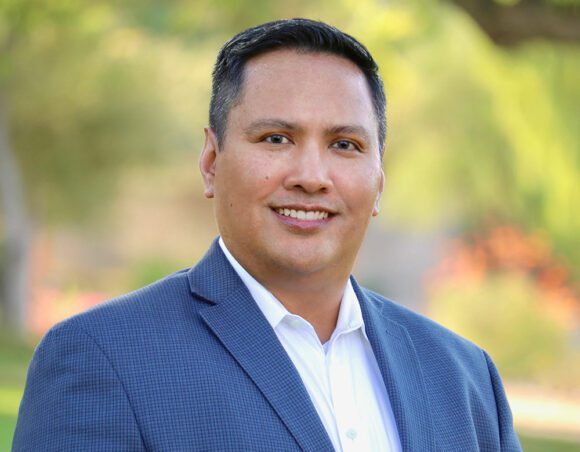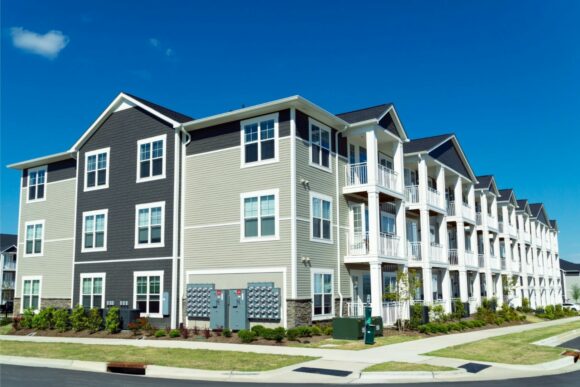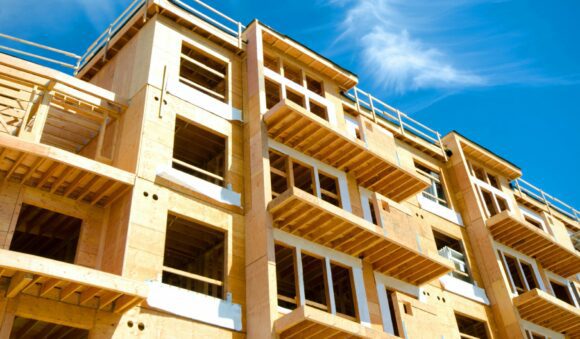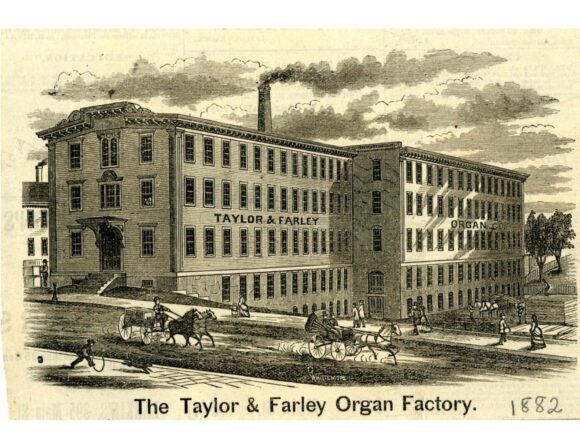There is an affordable housing crisis in the United States. Heading into the pandemic recession, only 36 affordable rental homes were available for every 100 renter households earning below the federal poverty level, according to the National Low Income Housing Coalition. As inflation adjusted median household incomes have stagnated, housing costs have soared and the availability of affordable units has continued to decrease. These diverging trends have relegated increasing numbers of American families to substandard living conditions and unmanageable financial burdens.
With the recent demand for housing related investments and the ongoing demand for Low Income Housing Tax Credits, hopefully all of us can help finance and build many projects for those in need. While experts have repeatedly said that the Low Income Housing Tax Credits that Congress approved in 1986 have been the most effective means of expanding and preserving affordable housing, the recently validated social value of the investments will attract more investors.
When you invest in affordable housing, you invest in the livelihood and well-being of the communities themselves. By offering clean, safe and affordable housing options for all, we can create promising new horizons for families across the country.

Brent Barringer, Partner & Managing Director of LIHTC
Making a Difference
Along with providing a source of security and new opportunity, affordable housing projects stimulate the local economy by increasing local purchasing power and bringing in new jobs and tax revenues. Data shows that affordable housing investments raise the property value of their surrounding areas. These projects benefit their communities in many other ways, however. Perhaps one of the most significant benefits is on our health, our youth’s specifically.
Poor housing conditions can have a serious negative impact on a child’s performance in school as well as their health. According to the United States Census Bureau (USBC), 16 percent of all children in the United States live in families with incomes below the federal poverty level. By offering greater access to quality housing with lower rents, we help pave the way for brighter futures.
When families have less to pay on rent, more can be spent on essentials like food and clothing or even things like extra-curricular activities and educational programs.
Our mission is to help create quality homes by providing tax equity capital for affordable housing developments. From boosting the local economy to giving hope to entire communities, these funds address many issues prevalent in cities across the United States.
Since inception, Monarch has facilitated tax equity investments in more than 350 affordable housing projects which have generated:
$20 billion
in local income
$3.9 billion
in local taxes
250,000
new jobs
45,000
new affordable homes
Impact Calculator
Want to see the impact of your socially responsible investment? Select an investment type and enter your dollar amount and we’ll quantify it for you.
Our Approach
Monarch’s Affordable Housing Division makes federal and state tax credit equity investments and bridge loans to development teams that focus on affordable housing projects.
- Provides capital at the beginning and throughout the construction process, which includes robust bridge lending funding capabilities, if necessary.
- Operates through a variety of different funds created each year for our various investors in which we serve as Managing Member. We have full discretionary rights and responsibilities as fund manager, including executing all project-level documents and committing to all contributions required under the terms of the operating agreement at the project level. Many of our fund investors require anonymity so as not to have to deal with project-level requests/issues or direct solicitations by brokers.
- When Monarch commits to a project, we fully stand behind and support that obligation. Unlike others in the marketplace, we do not simply serve as brokers on transactions wherein the ultimate investor is responsible for due diligence and execution of documents at the project level.
Background
Tax Credits are the Largest Producers of Affordable Housing
Created in 1986 and made permanent in 1993, the federal Low Income Housing Tax Credit (LIHTC) program remains the largest source of new affordable housing in the United States, substantially increasing the affordable housing stock for more than 30 years. Since implemented, the LIHTC has developed more homes than any other construction and preservation program operating today. The program addresses the significant lack of quality affordable housing located in low-income communities, injecting new capital into the local economy and generating new job opportunities within the area.
Investments in qualifying federal LIHTC projects generate federal tax credits are spread over a 10-year time frame.
Several states have programs of a similar nature to the federal program. These programs vary by state and apply to different state taxes levied.
Eligibility for the credit is predicated on renting the units to families with income below certain thresholds for the community. These rent-restricted units tend to provide attractive and affordable housing alternatives for families and the elderly.
- Involves a multiple-year investment in affordable housing.
- Guidance exists, eliminating GAAP concerns.
- Credits flow tax losses due to depreciation and usually no cash flow distributions.
- Typically, safe underlying economics.
- Returns are single digits due to CRA (Community Reinvestment Act) competition.
- Federal affordable housing tax credits are typically pooled and syndicated on a proprietary basis or may be syndicated to multiple corporate investors in a given fund.
- Investments may be used to satisfy CRA requirements.
- Fifteen-year recapture period — though recapture seldom happens.
- Extremely low-risk profile given vigorous underwriting and proactive asset management throughout the 15-year compliance period.
- All investments are structured to be PAM-compliant.
- Debt levels are often less than 50% of the capital of the project due to the substantial tax equity investments.
Benefits
Through the federal LIHTC program, you can help provide safe and affordable housing for those who may otherwise have an inferior living situation. Suitable housing generates pride, which in turn leads to strong work habits and spurs consumerism and economic growth. Furthermore, the construction and ongoing maintenance of affordable housing units creates jobs within communities.
No state has an adequate supply of affordable rental housing for the lowest income renters. This massive gap in affordable housing opportunities continues to negatively affect the United States, exacerbating the economic and social divide that is so prevalent.
- The U.S. has a shortage of 7 million affordable and available rental homes for extremely low-income renters.
- Only 37 affordable and available homes exist for every 100 extremely low-income renter household.
- 71% – 7.8 million – of the nation’s 11 million extremely low-income renter households are severely housing cost-burdened, spending more than half of their incomes on rent and utilities. They account for 73% of all severely cost-burdened renters in the U.S.
- Extremely low-income renters are much more likely to be severely housing cost-burdened than other income groups. 32% percent of very low-income, eight percent of low-income, and two percent of middle-income renters are severely cost-burdened.
- 48% percent of extremely low-income renter households are seniors or disabled, and another 44% are in the labor force or in school, or are single-adult caregivers.
- Native American, black, and Hispanic renters are more likely than white renters to have extremely low incomes. Among renters, 38% of American Indian or Alaskan Native households, 35% of black households, 28% of Hispanic households, and 22% of white non-Hispanic households have extremely low incomes.
- No state has an adequate supply of affordable and available homes for extremely low-income renters. The current relative supply ranges from 19 affordable and available homes for every 100 extremely low-income renter households in Nevada to 66 in Wyoming
- The shortage of affordable homes ranges from 5,800 in Wyoming to one million in California
Over the life of the program, the LIHTC has:
- created over 3 million housing units – about 100,000 each year,
- supported 3.4 million jobs,
- generated $323 billion in local income and
- $127 billion in Federal, state and local tax revenues.
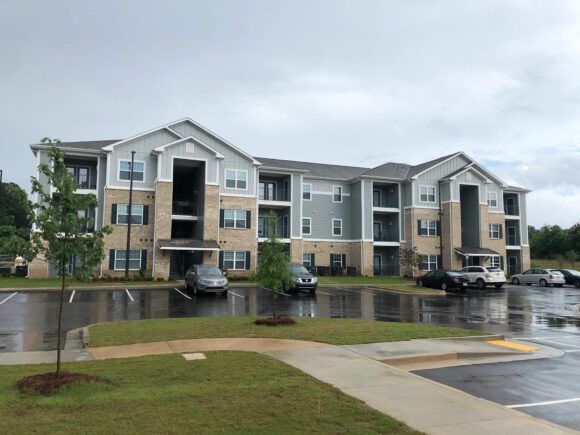
Featured Projects Tranquility at Griffin
Located in Griffin Georgia, Tranquility at Griffin provides new resources and opportunities for the community. This new $20 million development is a 120-unit family apartment complex with rents structured to […]
View Project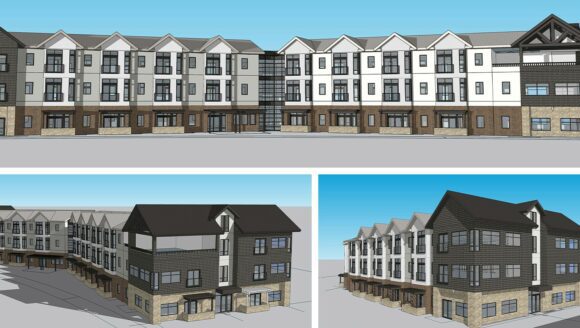
Featured Projects Wiloughby Corner
Located in Boulder County, Colorado, Willoughby Corner provides 129 units in a variety of permanently affordable homes. This 24-acre community is sprinkled with inviting features such as a community garden, […]
View Project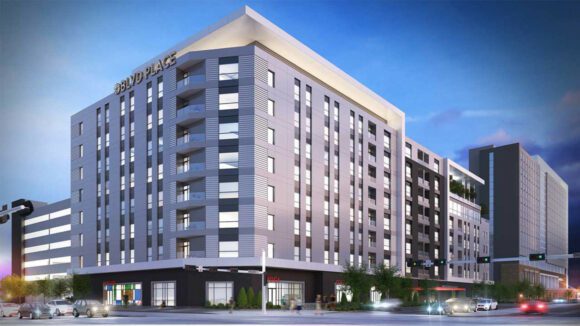
Featured Projects Rising Sun Apartments
Located in Oklahoma City, Oklahoma, the Rising Sun Apartments provide 204 units in a variety of permanently affordable homes. This $36 million development effectively addresses Oklahoma’s pressing issue of affordable […]
View Project





